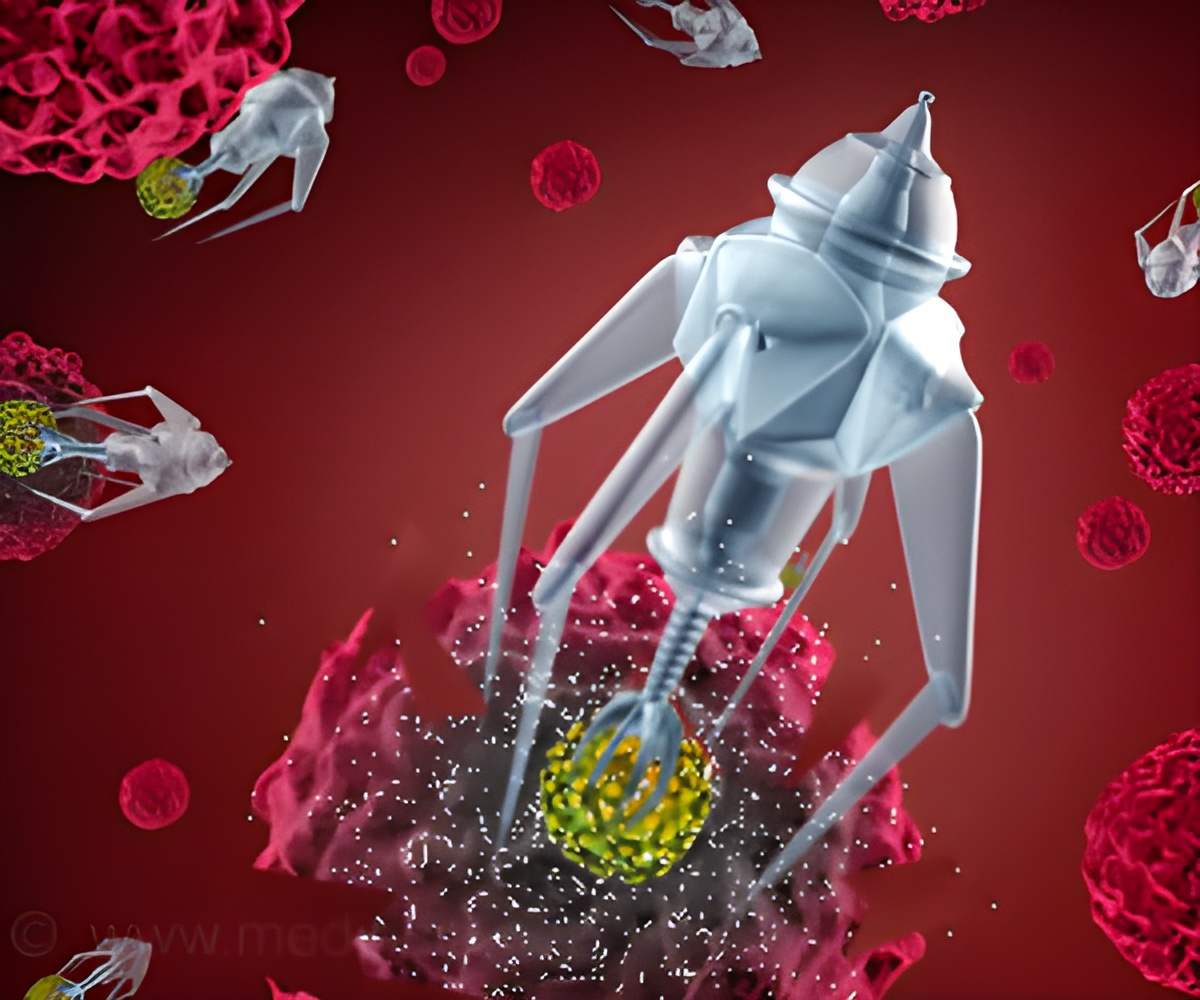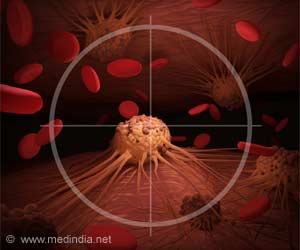A modified version of CAR T-cell therapy shows promising effects in treating the most aggressive type of cancer – Neuroblastoma in children.

‘A modified version of CAR T-cell therapy shows promising effects in treating the most aggressive type of cancer – Neuroblastoma in children. This can potentiate the development of new therapies against cancer.’





The aggressive form of neuroblastoma affects almost 100 children every year in the UK with a survival rate between 50-60 percent. Current treatment strategies include surgical excision, chemotherapy with a stem-cell transplant, radiotherapy, and antibody therapy.Modified therapy for neuroblastoma:
The researchers explored the efficacy of modified CAR T-cell therapy in Neuroblastoma. It is a type of immunotherapy where the patient’s immune cells – T-cells are withdrawn from their blood and manipulated to recognize cancer cells. Though this treatment proves beneficial in blood cancers like leukemia and lymphoma, its efficacy is lacking in solid tumors due to the similarity in cancer antigens with that of normal cells.
This modified treatment was targeted against a particular protein called GD2 which is highly found in all neuroblastoma cells but at minimal levels in normal cells.
The study was conducted on 12 children with relapsed (recurring) or refractory (no response to treatment) neuroblastoma as Cancer Research UK-funded phase I clinical trial. It was observed that the therapy showed a drastic reduction in tumor size of some patients with no adverse effects noted in healthy cells. But the result was only short-lasting.
Advertisement
The evidence thereby promises a potent efficacy of modified CAR T-cell therapy at a sufficient dose. This can help scientists to develop a new cure for an aggressive type of cancer.
Advertisement









